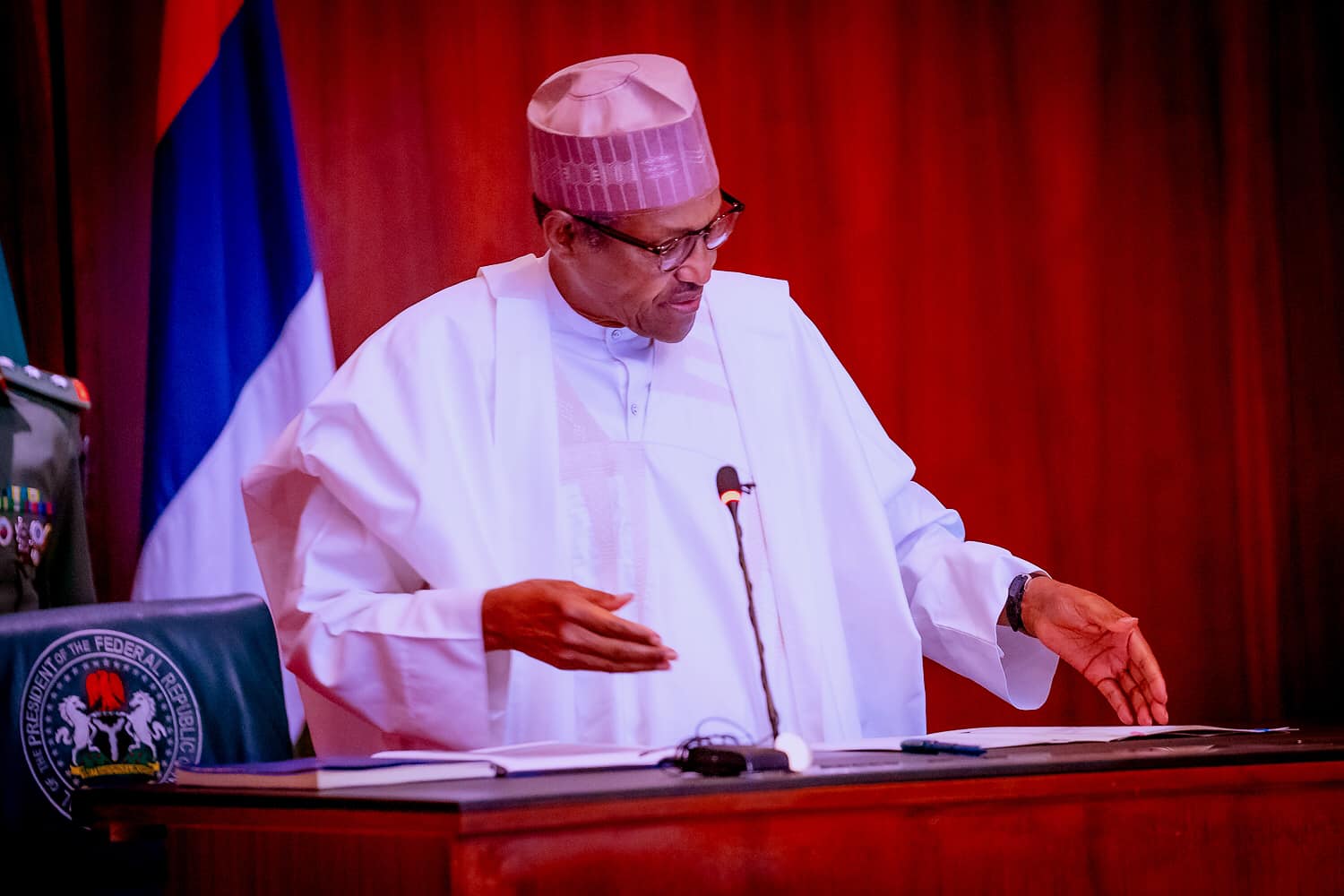From 2010 to 2021, the federal government through the Infrastructure Regulatory Concession Commission (ICRC) approved Public Partnership Projects (PPP) worth over N3.77 trillion.
Acting Director General of the (ICRC), Mr. Michael Ohiani, made the revelation in Abuja Monday at the Africa Public Private Partnership Network (AP3N) investment summit tagged “Financing Africa’s infrastructure through public private sector partnership.”
- NIGERIA DAILY:Why Fuel Scarcity Persist In Major Cities Across Nigeria
- Buhari: Why I ignored advice to remove fuel subsidy
Explaining the activities of the commission, he said “Between 2010 (following the inauguration of our governing board) and 2021, under the regulatory guidance of the ICRC, the Nigerian government has approved PPP projects worth more than USD 9 billion.
“As at May 2022, there are 77 post-contract PPP projects under implementation at the ICRC Projects Disclosure Portal, which is the first disclosure portal in the world, established in collaboration with the World Bank. Also, there are 197 pre-contract projects at different phases of project development and procurement at the ICRC website,” he said.
For 2022, Ohiani added that ICRC intends to gazette a pipeline of 53 eligible and bankable PPP projects, worth about $22 billion, soon.
He added that “The innovative structuring of PPP transactions through globally accepted competitive and transparent processes cannot be over-emphasised; especially as the initiative is in support of our 2021 to 2025 Mid-Term National Development Plan, which projects the use of private sector financing to achieve about 85% of our NGN 348.1 trillion (about USD 830 billion) plan.”
Speaking further, the DG said the APP was formed to have experts across the African continent find concrete solutions to bridge infrastructure gaps in the continent by bringing together PPP professionals to develop, and implement infrastructure projects in tune with global best practices.
Earlier in his remarks, the Secretary to the Government of the Federation, Mr. Boss Mustapha underscored the relevance of the private sector in infrastructure growth.
He noted; “With about 90 per cent of employment provided by the private sector, there is a need to provide a conducive atmosphere for investment by reducing the risk and cost of doing business which the federal government is currently implementing.”

 Join Daily Trust WhatsApp Community For Quick Access To News and Happenings Around You.
Join Daily Trust WhatsApp Community For Quick Access To News and Happenings Around You.


